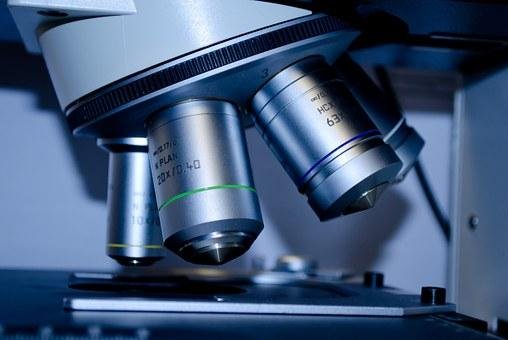Scientists in London, England, have discovered a gene test that could pinpoint a patient's sensitivity to new types of cancer drugs.
PublicDomainPictures/PixaBay
LONDON, Dec. 22 (UPI) -- Researchers have discovered that gene testing can help determine a patient's sensitivity and response to a new class of cancer drugs.
The new drugs, called ATR inhibitors, are currently being used in clinical trials. The study found that testing for gene defects called ARID1A could reveal a patient's sensitivity to the drugs.
Scientists at The Institute of Cancer Research in London, used molecular screening techniques and found that cancers with mutations in ARID1A were sensitive to ATR inhibitors.
The ARID1A mutation is found in a wide range of hard-to-treat tumors like ovarian cancer and stomach cancer.
The study found that switching off the ARID1A gene in breast and bowel cancer cells significantly increased their sensitivity to ATR inhibitors. Cancer cells with ARID1A mutations become reliant on the DNA safeguarding of the ATR to survive, which makes drugs that block this more effective.
"Our research has opened up a potential way of personalizing treatment for cancer by targeting drugs to those patients who will benefit the most," Dr. Chris Lord, leader of the Gene Function Team at ICR, said in a press release. "Our research could lead to patients with ARID1A mutant tumors being assessed for whether they respond particularly well to this new class of cancer treatment."
The study, which was funded by Cancer Research UK and Breast Cancer Now, was published in the journal Nature Communications.
"This early finding could bring us a step closer to more 'personalized' medicine, targeting treatment to exploit weaknesses in patients' tumors and hopefully improve their chances of survival," Katie Goates, senior research communications officer at Breast Cancer Now, said in a press release.















